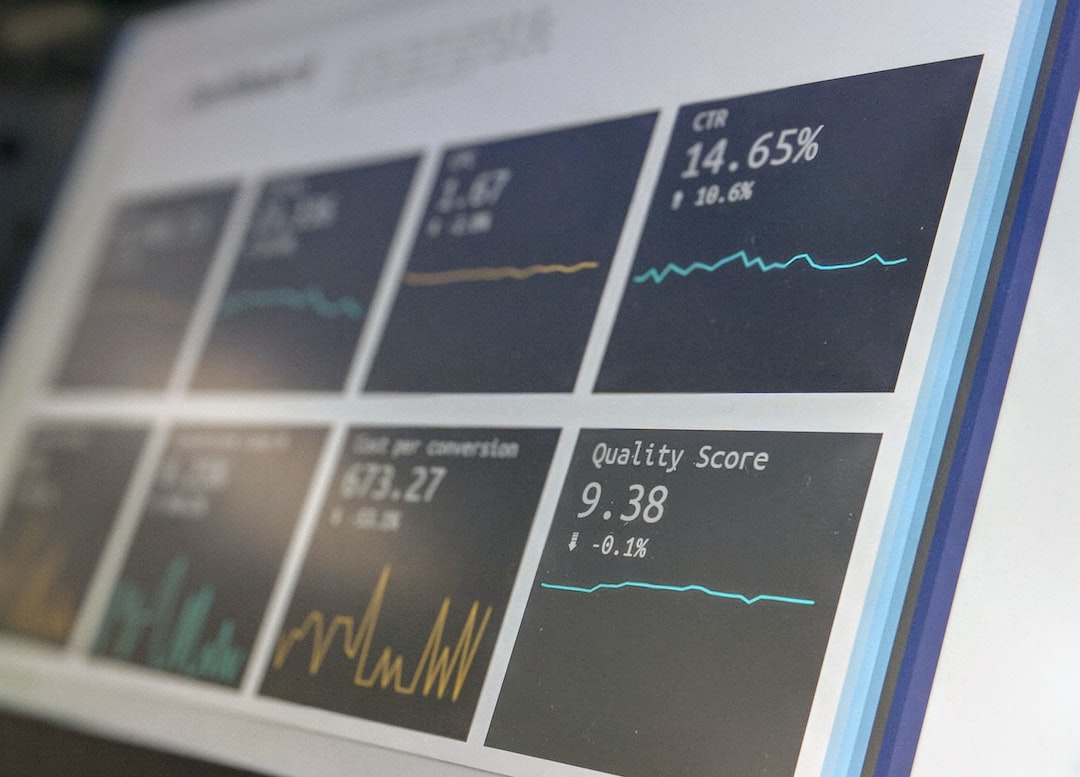Machine learning is a rapidly evolving field that has gained significant traction in recent years. It has become an integral part of our daily lives, powering various applications and reshaping the way we interact with technology. In this blog post, we will provide an introduction to machine learning, its principles, and some of its popular applications.
At its core, machine learning is a subset of artificial intelligence (AI) that focuses on the development of algorithms and statistical models. These algorithms enable computers to learn and make predictions or decisions without being explicitly programmed. The goal is to create systems that can automatically learn from experience or data to improve their performance on a given task.
There are three main types of machine learning: supervised learning, unsupervised learning, and reinforcement learning. Supervised learning is the most common type, where the algorithm is provided with a labeled dataset and learns to predict or classify new data based on the patterns it has learned. Unsupervised learning, on the other hand, deals with unlabeled data and aims to uncover hidden patterns or structures within the data. Reinforcement learning involves an agent learning to make decisions by interacting with an environment and receiving feedback in the form of rewards or penalties.
The applications of machine learning are vast and continually expanding. One of the most well-known applications is in the field of image recognition. Machine learning algorithms can be trained to recognize patterns in images and accurately classify them. This has led to significant advancements in areas such as medical imaging, where machine learning models can help detect diseases based on medical scans.
Another application is natural language processing (NLP), which focuses on teaching machines to understand, interpret, and generate human language. This has facilitated the development of intelligent virtual assistants, chatbots, and language translation tools that can communicate with humans in a more natural and efficient manner.
Machine learning has also made its mark in the field of finance. Banks and financial institutions use machine learning algorithms to detect fraud by analyzing vast amounts of transaction data and identifying suspicious patterns. Additionally, algorithms are used for stock market prediction, credit scoring, and risk assessment.
In the realm of healthcare, machine learning has immense potential. It can assist in areas such as disease diagnosis, drug discovery, personalized medicine, and patient monitoring. By analyzing patient data, machine learning algorithms can identify early signs of diseases and assist doctors in making accurate diagnoses. It can also enable the discovery of new drugs by analyzing vast amounts of molecular and clinical data.
Transportation is another domain where machine learning is playing a crucial role. Self-driving cars rely heavily on machine learning algorithms to process vast amounts of sensor data and make decisions in real-time. These algorithms learn to recognize objects, pedestrians, and traffic signs to navigate the roads safely.
The impact of machine learning is also felt in the field of marketing and advertising. Companies use machine learning algorithms to analyze customer data and predict their preferences, enabling personalized advertisements and recommendations. These algorithms can also optimize marketing campaigns by identifying the most effective channels and targeting strategies.
It is important to note that machine learning also presents several challenges. One of the main challenges is the need for large amounts of high-quality data to train the algorithms effectively. Additionally, there are concerns related to privacy, ethics, and the potential bias in the algorithms. It is crucial to address these challenges through robust data governance frameworks and ethical guidelines.
In conclusion, machine learning is a dynamic field with tremendous potential for innovation and transformation across various industries. Its ability to learn from data and make predictions or decisions without explicit programming has opened new doors for solving complex problems. From image recognition and natural language processing to finance and healthcare, machine learning is revolutionizing the way we live and work. As we continue to progress in this field, it is essential to address the ethical and societal implications to ensure responsible and beneficial use of machine learning technologies.
